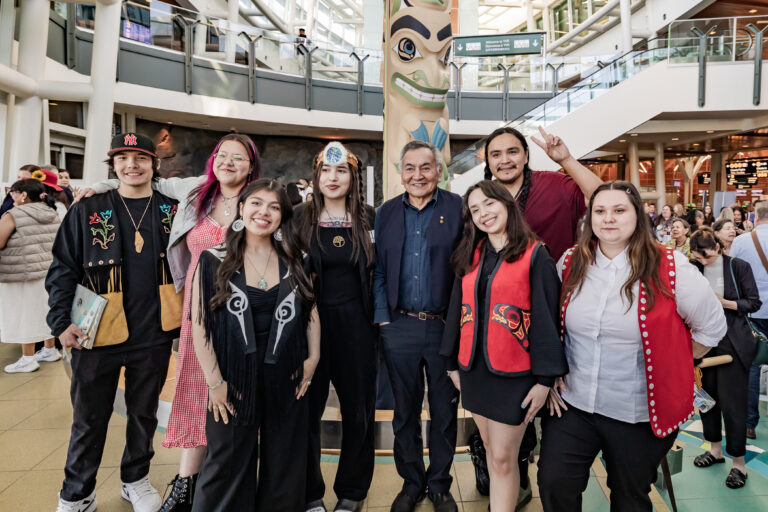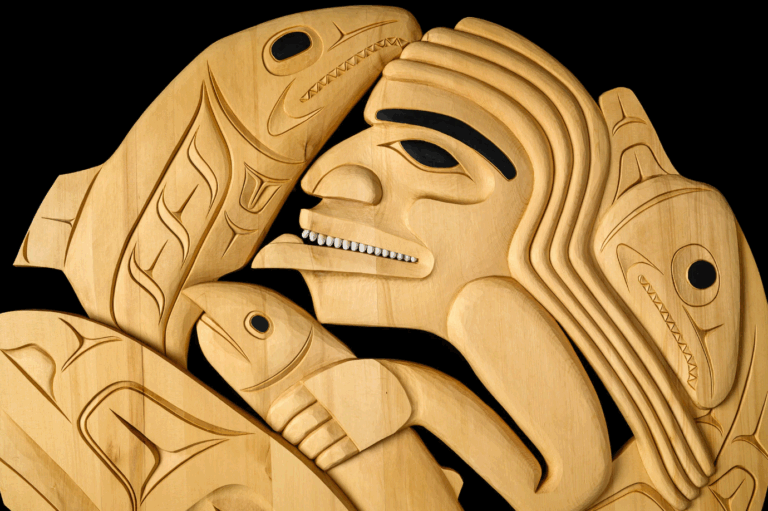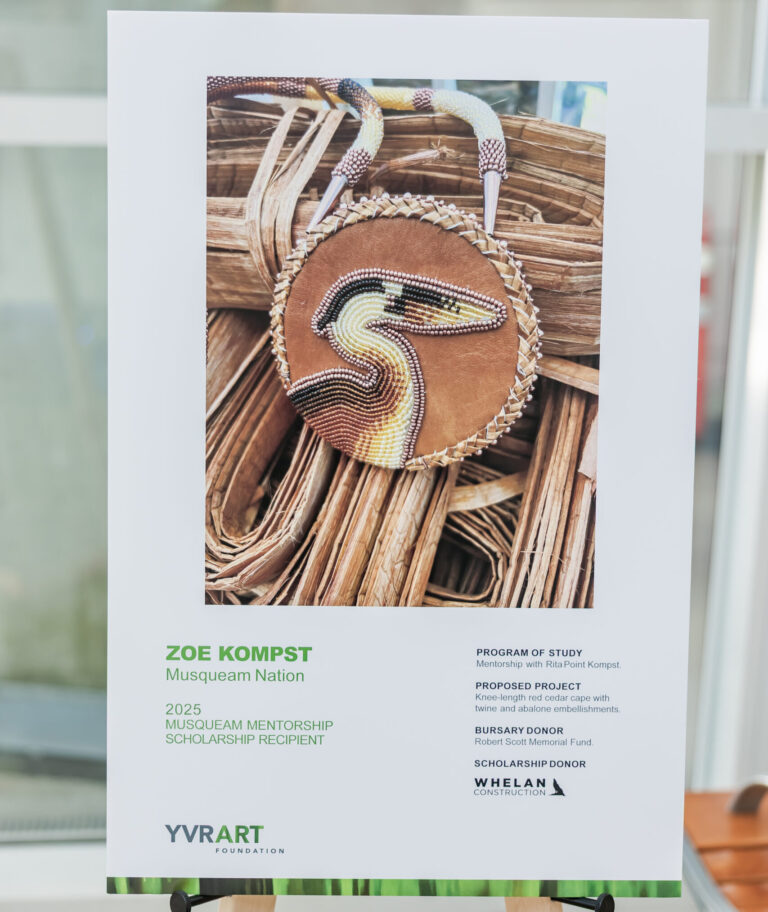*content warning*
this post is about residential schools and the impact of settler-colonialism in Canada
Monday September 30th is the National Day for Truth and Reconciliation, also known as Orange Shirt Day.
This day was created by Phyllis Webstad, a member of the Stswecem’c Xgat’tem First Nation and a residential school survivor. Phyllis’ granny bought her an orange shirt to wear on her first day of school, only to have it taken away by the school. Phyllis created Orange Shirt Day to mourn and honour Survivors and their families, and to remember the children and youth who died or went missing while at residential schools.
Residential schools gave way to the 60’s Scoop(1), where Indigenous children were taken by the state and adopted by settler families. In similar ways this persists today through the child welfare system, birth alerts, and the over-representation of Indigenous youth in Canadian prisons(2). It’s important to acknowledge and reflect on how intergenerational trauma continues to impact Indigenous communities in BC and across Canada. It’s also important to act.
At YVRAF, we act on our reconciliation statement through our programming. Of note is the Bill McLennan Masterpiece Study Program that provides artists, curators and researchers with the opportunity to connect with their tangible heritage through physical access to Indigenous belongings in museum collections in BC, across Canada and around the world. BMMSP recipients see, hold and study their material culture through up-close examination that would otherwise be inaccessible to them because of the nature of antiquated colonial museum acquisition practices. YVRAF thanks all our Museum Partners, near and far, for acting on our reconciliation statement with us.
Links to resources
1-2. https://indigenousfoundations.arts.ubc.ca/sixties_scoop/


